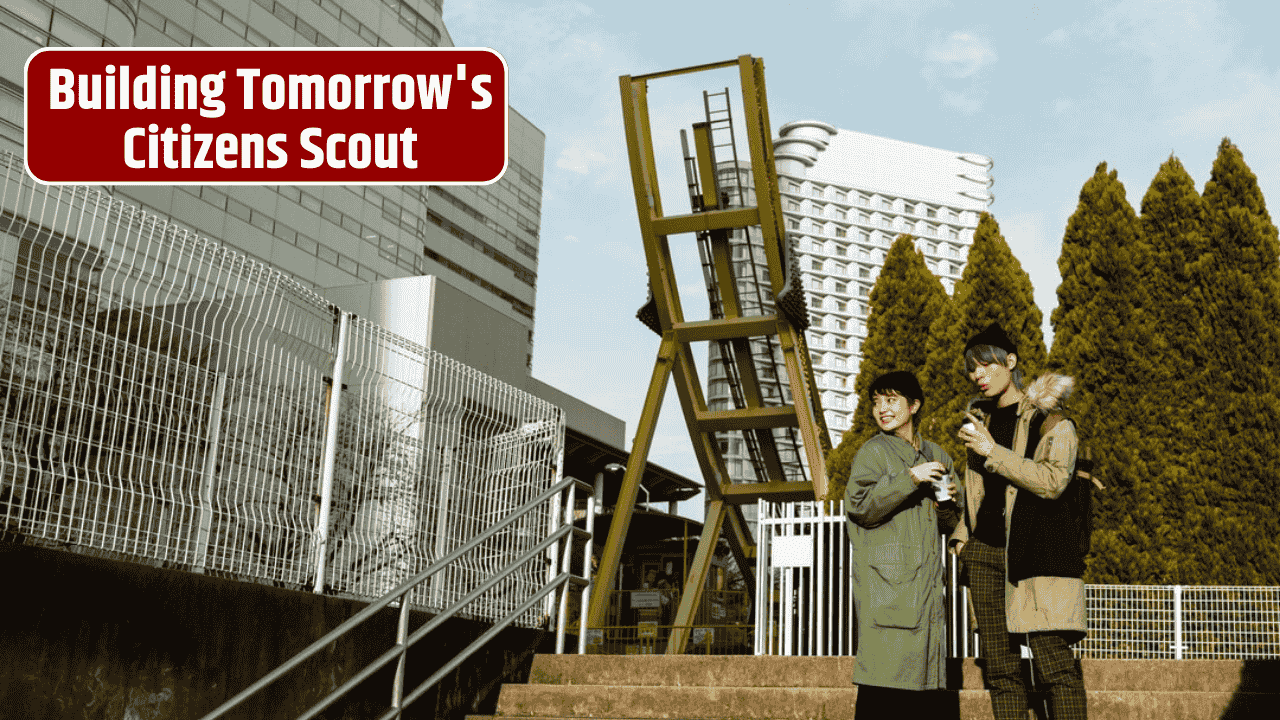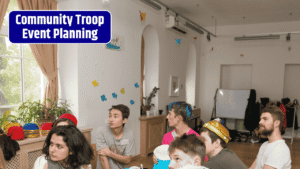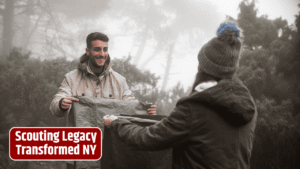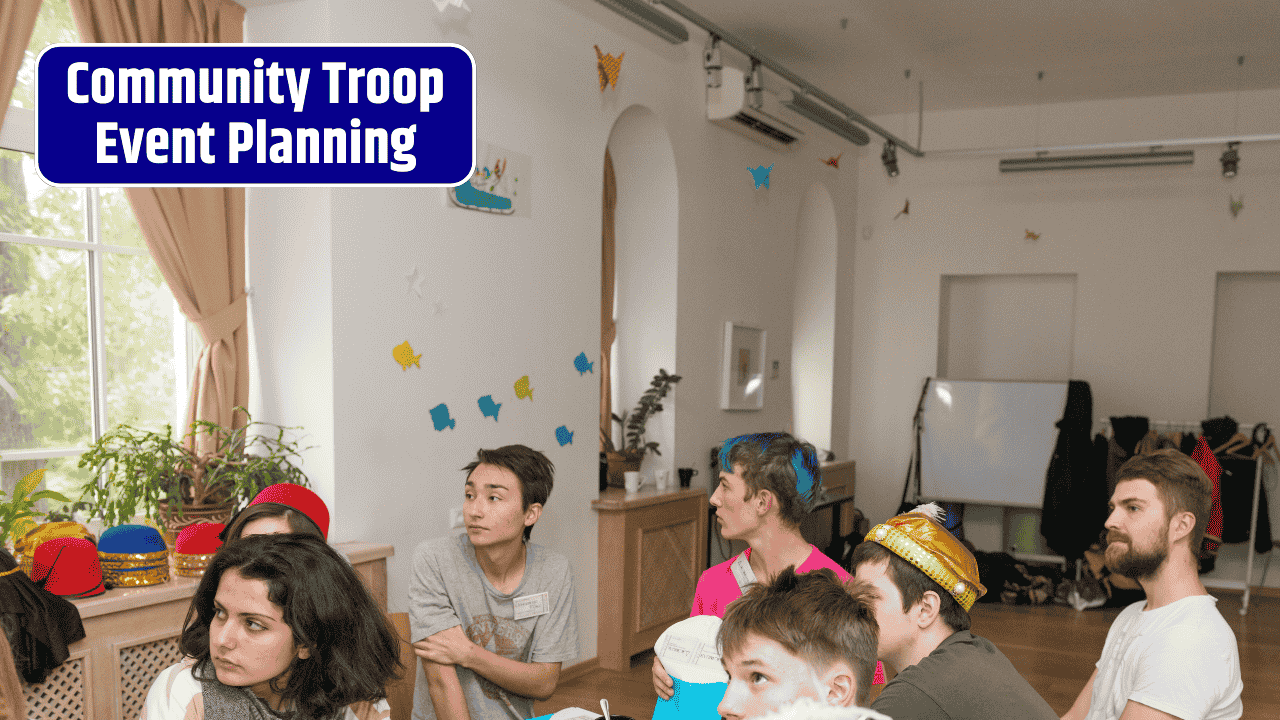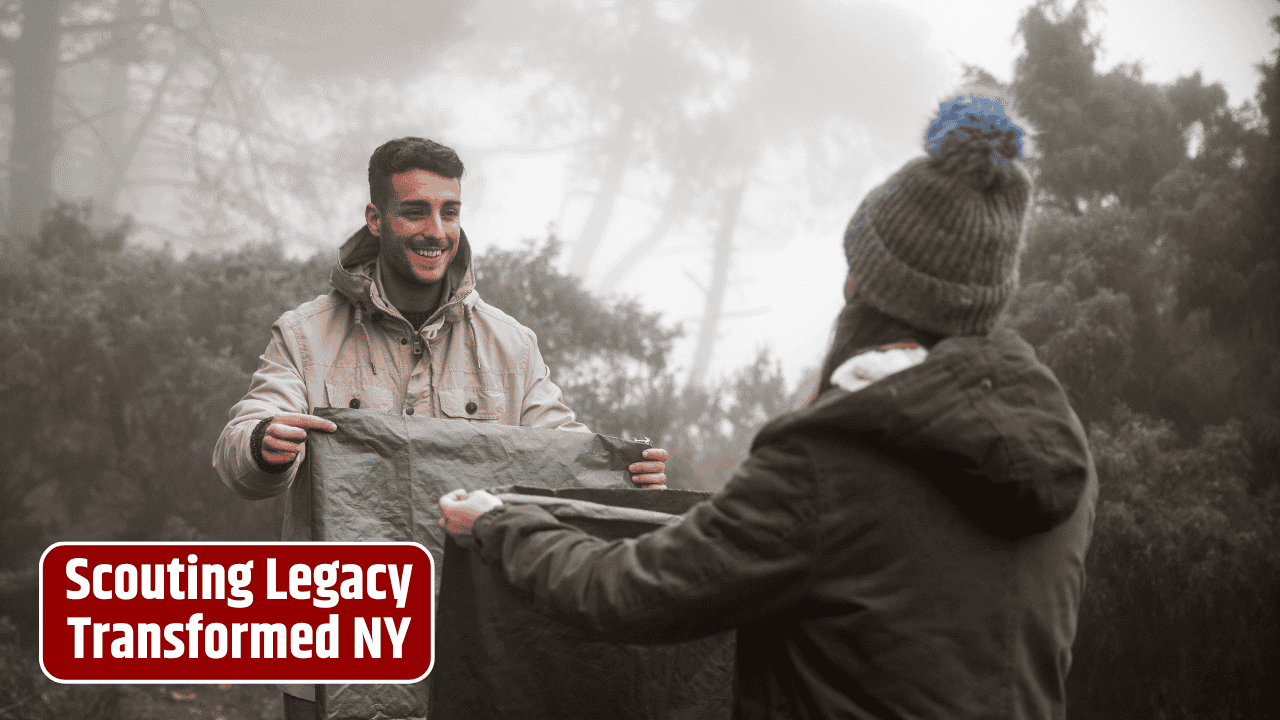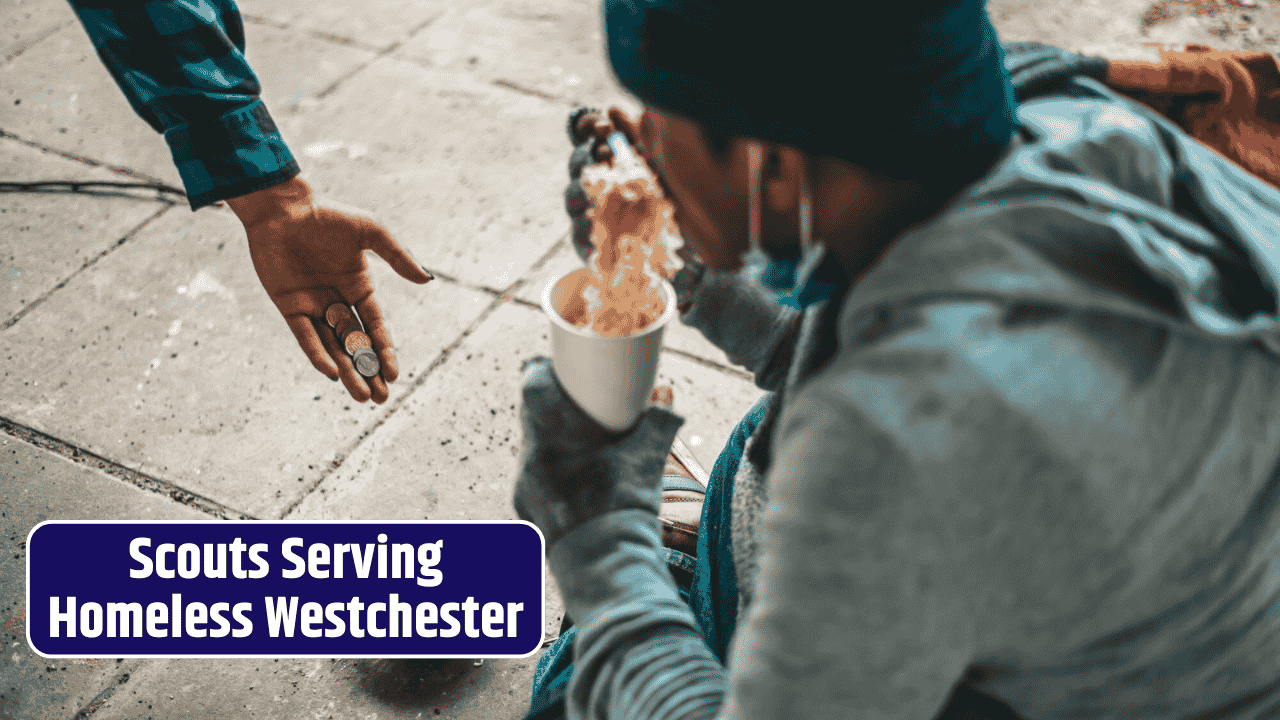Scouting is more than just camping trips and merit badges. It’s a time-tested system designed to shape young individuals into responsible, capable, and service-oriented citizens. Rooted in core values like leadership, integrity, and self-reliance, the Scout movement plays a pivotal role in youth development across the globe.
The Scout Method: Character in Action
The foundation of Scouting is built on what’s called the “Scout Method,” a holistic approach that goes beyond classroom learning. This includes learning by doing, small group teamwork, commitment to a code of conduct (the Scout Law and Promise), and engaging with nature.
Each element serves a specific purpose:
- Learning by doing instills confidence and practical problem-solving skills.
- Teamwork teaches cooperation, empathy, and communication.
- The Scout Law and Promise reinforce ethics and personal responsibility.
- Nature immersion promotes resilience, environmental respect, and physical fitness.
Leadership and Responsibility
Scouting provides structured opportunities for young people to take charge. Whether it’s leading a patrol or organizing a service project, Scouts are encouraged to make decisions, solve problems, and manage resources. These experiences build real-world leadership skills in a safe, supportive environment.
Responsibility is a central theme. Scouts take care of their own gear, follow safety protocols, and are accountable for their actions. This fosters a strong sense of ownership and maturity from a young age.
Community Service and Citizenship
One of the hallmarks of Scouting is its emphasis on serving others. From neighborhood cleanups to disaster relief efforts, Scouts actively contribute to their communities. These acts of service instill civic responsibility and show young people the tangible impact they can have.
Scouting also emphasizes global citizenship. With programs that encourage cultural exchange and international service, Scouts learn to appreciate diversity and act as positive agents in a connected world.
Lifelong Skills and Personal Growth
Beyond the badges, Scouting teaches essential life skills—first aid, personal finance, cooking, survival tactics, and more. These competencies are not only practical but also confidence-boosting, preparing youth for challenges in adulthood.
Scouting also nurtures personal growth. It encourages self-reflection, goal setting, and perseverance. Many Scouts report improvements in emotional intelligence, self-discipline, and the ability to handle stress and setbacks.
Table: Core Benefits of Scouting
| Area of Development | Skills & Outcomes |
|---|---|
| Leadership | Decision-making, delegation, public speaking |
| Responsibility | Accountability, time management, self-care |
| Community Engagement | Volunteerism, civic participation, empathy |
| Life Skills | First aid, budgeting, cooking, navigation |
| Personal Growth | Confidence, resilience, emotional intelligence |
A Legacy That Lasts
Scouting has stood the test of time because it continuously evolves while staying true to its core principles. It builds a foundation that lasts a lifetime, helping young people grow into adults who are not only capable and independent but also compassionate and community-minded.
In a world where distractions are high and guidance can be scarce, Scouting offers a structured, supportive path toward becoming a well-rounded individual. It’s not just a youth activity—it’s a blueprint for building tomorrow’s citizens.
FAQs
What age can children join the Scouts?
Most programs start around age 6 or 7, with different age groups and levels tailored to developmental stages.
Is Scouting only for boys?
No, Scouting is inclusive and offers co-ed or girls-only options in many regions.
Do Scouts have to attend camps?
While camping is a major part of the experience, it’s not mandatory. Scouts can choose from a variety of activities based on interest.
How do Scouts earn badges?
Badges are earned by completing specific tasks or challenges tied to skills or service areas.
Is Scouting religious or political?
Scouting is generally non-political and open to people of all beliefs, although some programs may include optional spiritual elements.
